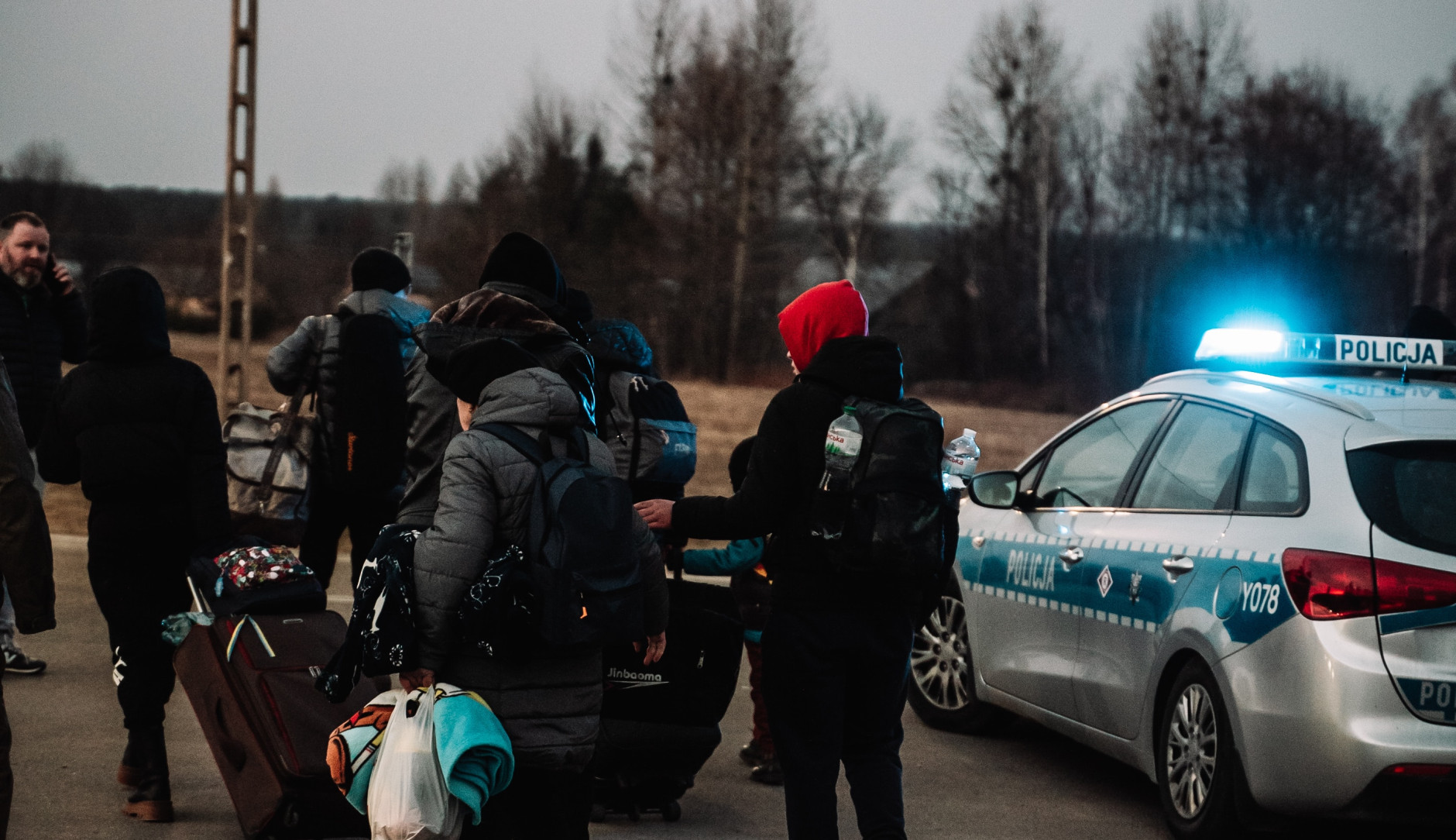Europe needs a humane and coordinated migration process now!
Recent events in the Mediterranean Sea demonstrate that asylum rights and protection must be reinforced.

2023 so far sees the deadliest quarter in the Mediterranean since 2019, with 499 people killed trying to cross the Mediterranean sea. Last year, 707 people died trying to reach the shores of Spain, more than half of which lost their lives en route to the Canary Islands, adding a toll to the 26,358 that have disappeared since 2014 while trying to cross to the EU.
“Dead migrants and refugees are not casualties, they are the results of political will”, said Francesca Romana D’Antuono, Volt Europa's co-President, in reaction to these past events.
Migration is a global issue which needs global solutions: it is the responsibility of all Member States to create a safe and coordinated process without expecting the Mediterranean countries to bear all the pressure. A look at the situation in March on the coasts of Almeria or Cadiz (Spain), the coast of Crotone (Italy) or on the border of Evros (Greece) convinces us that it is both a matter of urgency and of European cohesion.
At the EU level, Frontex must be reformed and all lessons given by the OLAF 2022 report shall be taken into account. Volt proposes that all EU countries contribute proportionally with both financial and reception obligations, whilst enforcing asylum rights and protection. We encourage Member States to work closely with NGOs instead of fighting off organisations trying to help refugees in the sea. SLAPP (Strategic Lawsuit Against Public Participation) and other intimidating practices against NGOs must be forbidden by an EU directive.
In Italy, the Senate officially approved the conversion into law of the 'NGO decree', introducing new rules for the rescue of migrants at sea by NGOs where ships must inform rescued migrants about the possibility of applying for international protection and collect their personal details, to be made available to the authorities upon disembarking. The law also introduced a series of tough sanctions for NGO ships that do not comply with the new rules.
“We are witnessing the dismantling of every possible management system of migration flows in respect of International Law and Human Rights. By criminalising NGOs that save lives at sea, blocking access to ships and funding Libyan lagers, we are normalising the deaths of thousands of people”, said Gianluca Guerra, Co-President of Volt Italia.
We also need to put an end to the weakening of procedures, such as the multiplication of accelerated examinations and the foreseen suppression of collegiality in the specialised asylum jurisdictions in France.
“The French government is currently preparing a new law on immigration which falls short in many ways: there is no willingness for solidarity with other Member States coping with the brunt of arriving migrants or foresight of addressing migration on a European level. We continue to reinforce the narrative of the extreme right and act inhumane on the effects instead of being smart on the causes of migration” said Sven Franck, co-president of Volt France.
The European Commission has recently issued infringement letters against Greece over arbitrary detention of asylum seekers during screening procedures, dubbed in law as “restriction on freedom” inside Reception and Identification Centres on the islands, the land border and two mainland locations. The Aegean Boat Report documented 25 cases of pushbacks affecting 692 people in the period of 20-26 February 2023 alone.
“Pushback operations and targeting of humanitarian activists should not be seen as isolated incidents but as lack of collective action at EU level. The rights of non-EU people can no longer be defined on a case-by-case basis” added Theodora Famprikezi, co-president of Volt Greece.
Volt denounces the model of holding migrants on island territories as a deterrent mechanism and promoting deportation. The reception system, as it is currently structured, does not work for border states, which in the absence of a mandatory and automatic relocation system, find themselves coping with the needs of asylum seekers on their own. But above all it does not work for the seekers themselves, as we see in Greece and Italy with overcrowded island centres, in which living conditions are unsuitable and the rule of law is hard to enforce.
“In Volt we propose a truly united European management that puts the human being at the centre, and we therefore oppose the European Commission's proposal for a "pre-entry screening procedure", said Rachele Arciulo, co-president of Volt Spain.
We call all Heads of States and political leaders from Europe to take strong collective actions to reform their approach to migration. We urge for a humane and organised system, in coordination with refugees associations. We cannot let people die helplessly at sea.
Governments need to act now to save human lives and create safe migration routes to Europe.